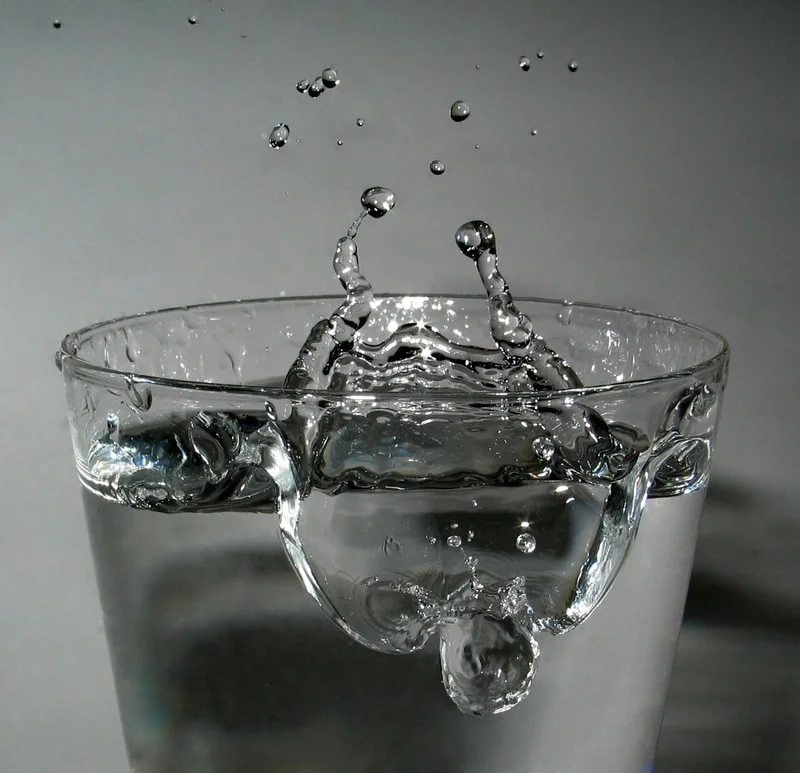
The concept of “waste” is man-made. Most of nature employs a circular material supply chain, where the byproducts of various systems feed into other systems in an everpresent cycle of self-consumption. After the Second World War, the challenge of rebuilding humanity was bolstered by the introduction of man-made materials like plastics and synthetics which created waste that was no longer useful to other living organisms. What resulted was a garbage crisis that created mountains of materials that could not be repurposed by nature.
More recently, innovation in commercial and industrial processes has sought to not just reduce the amount of useless waste in society, but reuse or renew it to solve social, industrial and economic problems around the globe. Required is the sophisticated technology that can separate, filter and capture unwanted material for cost-effective transfer to existing and useful processes. In a society driven by the concept of growth, the larger the companies the larger the amount of waste. The response to this growth needs to be further innovation and higher quality products to support it.
One example that does well to broadly encapsulate the idea of repurposing waste is one everyone can immediately understand: fixing roads. At a time of personal containment caused by the recent Covid-19 pandemic, we can observe a heavy increase in road repair projects in both rural and inner-city environments. Luckily, scientists have discovered a new way to address the issue of road repair by using “grit”, otherwise known as the finely granulated sand and stone byproduct recovered from landfill wastewater. Once diverted, the substance is turned into ceramic mortar that is then used to patch potholes. Not only does it work well, it is actually better for the environment than hydrocarbon-based asphalt.
The grit doesn’t come ready to use, however. It requires special processing since wastewater can contain a variety of sewage as well as pathogens and impurities that can be dangerous in direct recycling processes. Therefore, the grit is incorporated into a chemically bonded phosphate ceramic – the same kind of material used to treat radioactive waste in order to make it safe for disposal. Analysis of the performance of the substance has likened its compressive strength to asphalt pavement which increases the possibilities of its use in other, similar applications.
Similar eco-friendly repurposing is showing up in other industries, as well. One Florida brewery is taking its spent grain and using it to address a local Red Tide problem that’s been endangering the area’s marine wildlife as well as its human population. Researchers believe the spent grains have the ability to hold molecules known to combat the growth of algal blooms. Tests showed great promise, made greater by the observation of the enormous amount of spent grain produced by the explosion of microbreweries in the United States.
Another company has developed a new system that can turn sludge from wastewater treatment plants into mineral salts and biogas. Previously, many wastewater treatment plants disposed of the sludge directly to be used as fertilizer until it was discovered that it contributed to a dangerous increase in the concentration of pollutants found in effluents. Now, the system can recover the sludge directly from wastewater treatment plants without any preliminary processing. The company also believes the system can be useful in a variety of applications, such as the treatment of industrial wastewater.
The story of waste can be rewritten through research and innovation – concepts that are synonymous with our company charter. Graver Technologies has developed numerous wastewater treatment and polishing products that can be tailored to provide specific performance characteristics of adsorption, filtration and settling using a variety of active surfaces.
Need help?
You can find the right application or product using our Tool, or through our Chat Bot.
Keep In Touch
Keep up to date with our latest news and announcements. Unsubscribe anytime.




.svg)
.svg)



